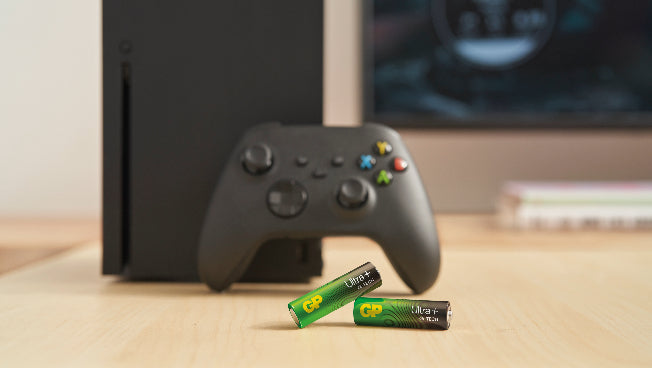

In an age dominated by portable electronics, the battery you choose is key to optimising your device's performance. Alkaline, carbon zinc, and lithium batteries each boast distinct strengths and limitations, so let's delve into this insightful comparison that reveals their unique characteristics. From the enduring capability of alkaline to the practicality of carbon zinc and the high-powered nature of lithium, discover the battery that aligns seamlessly with your requirements.
Not every battery is created the same. Different battery types have different energy density, shelf life and performance in temperature extremes, so how do you know which battery is the right one for you? In a world driven by portable electronics and devices, choosing the right type of single-use battery becomes crucial. Alkaline, carbon zinc, and lithium batteries each offer unique advantages and disadvantages that can greatly impact device performance, cost, and more. In this comprehensive comparison, we explore the key differences between these three battery types, helping you make an informed decision on which one best suits your needs. Discover the strengths and limitations of alkaline, carbon zinc, and lithium batteries, and find the perfect power solution for your devices!
Alkaline Batteries
Alkaline batteries are still one of the most prevalent types of single-use batteries. Their moderate to high energy density makes them suitable for a broad spectrum of applications, including high-drain devices like cameras and portable gaming consoles. Outperforming carbon zinc batteries in energy density, alkaline batteries exhibit an extended shelf life of several years, ensuring prolonged usage and enhanced power delivery. Although they are less prone to leakage compared to carbon zinc counterparts, their elevated performance comes at a slightly higher price tag as well. These batteries are particularly adaptable across a wide temperature range, even though extreme temperatures should still be avoided to maintain optimal efficiency.
Carbon Zinc Batteries
Carbon zinc batteries possess lower energy density than their alkaline counterparts, resulting in a shorter lifespan. However, despite a higher likelihood of leakage, they are still great options for low-drain devices. The risk of leakage mostly stems from their zinc can, which serves as both the electrolyte container and the battery's negative electrode. As the battery discharges, the zinc is consumed and diminishes, becoming thinner and potentially leading to can rupture and electrolyte leakage. These issues can also be amplified by elevated temperatures and battery ageing. Carbon zinc batteries also display reduced efficiency in extreme temperatures compared to the other two battery types, namely alkaline and lithium batteries. In order to prevent this, check out our tips on how to store batteries in a tropical climate to keep your batteries at their peak for longer periods of time.
Lithium Batteries
Lithium batteries boast the highest energy density among these three types. They last notably longer, around 10 years or more, all while delivering superior power compared to alkaline or carbon zinc options. With reduced leakage risk , they cater to devices used infrequently or for emergencies. Lithium batteries excel in extreme temperatures, performing well in both hot and cold conditions, making them apt for diverse environments. However, their amazing durability and efficiency tend to come at a slightly higher cost.
The best type of battery for you will depend on your individual needs and budget. If you need a battery with a long lifespan and high performance, then a lithium battery is a good option. However, if you are on a budget, then a carbon zinc battery may be a better choice. Ultimately, the best way to choose a battery is to consider the specific device you are using and the type of performance you need.
Not Just A Box, It’s A Win For Sustainability
At the Transform Award Asia 2023, GP Batteries proudly earned two esteemed accolades. Our alkaline batteries' innovative paper packaging secured the Gold Award for “Best Use of Sustainable Packaging” and a Bronze Award from DFA Design for Asia 2023. Crafted with plastic-free paper and soy ink, the design featured an efficient stacking shape for shipping and a resealable feature to help consumers prevent product misplacement. Judges praised its impactful environmental approach, describing it as a thoughtful design with a significant sustainability impact. Click here for more insights on our sustainability efforts.
If you can’t decide which battery is the one for you, check out GP Batteries’ wide range of power solutions to find the one that best suits your needs! Spare yourself the hassle of testing out batteries, experience true efficiency and power today with GP Batteries.





